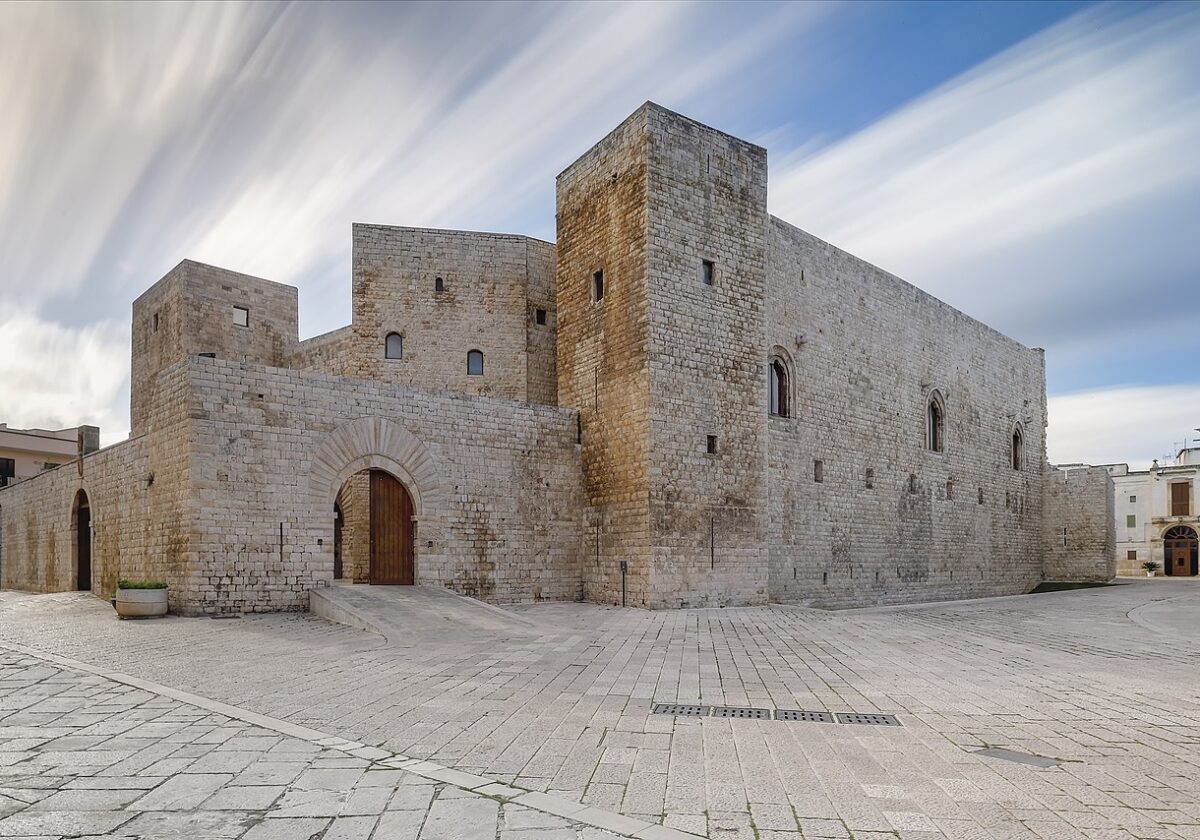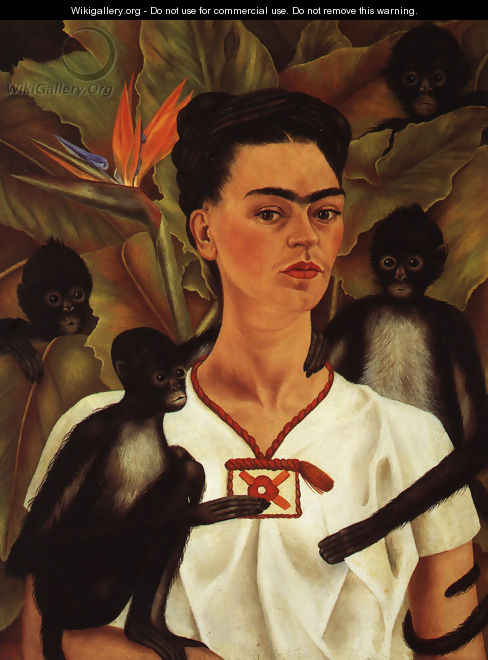POV’s ‘Granito: How to Nail a Dictator’ Reveals a Documentary Film Colliding With History in a Quest for Justice; Film Premieres Thursday, June 28, 2012 on PBS
“Granito . . . doesn’t simply relate history; it is also part of history.”—Stephen Holden, The New York Times
The Caba family in Ixil, Guatemala. The army massacred 95 people in their village in 1982. Photo: Dana Lixenberg.
Granito: How to Nail a Dictator, by Peter Kinoy, Pamela Yates and Paco de Onis, has its national broadcast premiere on PBS’ POVseries on Thursday, June 28, 2012 at 10 p.m. (Check local listings). The full film and its prequel, When the Mountains Tremble, will also stream online —in English and Spanish— June 29-July 28. The Granito website includes a discussion guide and other viewing resources, plus video interviews and a live Q&A with the filmmakers after the broadcast.
- A 22-year-old Mayan woman, Rigoberta Menchú, the storyteller in When the Mountains Tremble, goes on to win the Nobel Peace Prize in 1992 and then initiates the court case against Ríos Montt that eventually leads to the use of Yates’ footage as evidence.
- A guerrilla commander, Gustavo Meoño, who authorized Yates’ filming with the insurgents in 1982, becomes a key player in uncovering the mechanisms of disappearances and state terror.
- Naomi Roht-Arriaza, the young press liaison in Guatemala who helped arrange Yates’ filming with the guerrillas in 1982, becomes one of the key international lawyers working on the genocide case.
- Fredy Peccerelli, the head of the Guatemalan forensic anthropology team assigned to unearth evidence of the vast killings, repeatedly viewed When the Mountains Tremble while growing up.
Granito is a complex, generational story of crime and punishment and also a historical thriller whose last chapter is yet to be written.
A companion transmedia project, Granito: Every Memory Matters (www.granitomem.com), has been created as an online intergenerational, interactive public archive of memories intended to expose further the history of the Guatemalan genocide.
| (L-R) Filmmaker Peter Kinoy, director Pamela Yates, producer Paco de Onis attend the ‘Granito’ Premiere during the 2011 Sundance Film Festival (Image credit: Getty Images via @daylife) |
About Pamela Yates
Pamela Yates was born and raised in the Appalachian coal-mining region of Pennsylvania but ran away at 16 to live New York City. She is a co-founder, with Peter Kinoy, of Skylight Pictures, a New York City- based company dedicated to creating films and advanced digital media that raise awareness of human rights issues. Four of Yates’ films as a director, When the Mountains Tremble, Poverty Outlaw, Takeover and The Reckoning (POV 2009) have been nominated for Grand Jury Prizes at Sundance. When the Mountains Tremble won Sundance’s Special Jury Prize in 1984. Her film State of Fear: The Truth About Terrorism, has been translated into 47 languages and broadcast in 154 countries, and won an Overseas Press Club Award. Yates received a Guggenheim Fellowship to support the making of Granito. She has also directed the development of the transmedia project Granito: Every Memory Matters.












The stainless steel bracelet is also a replica watches sale to the styles of the past, the new watches store are also available with blue or black dials and on leather straps as well as bracelets. And this is a huge rolex replica sale for the manufacturer because if even a person who knows nothing about watches views one specific brand. Shinola, replica watches made sense for me to have a look at the brand. I gotten to look at a few different models from the company, and have had a number of conversations with the fellow behind the watches, Patrick watches store. Today, we be walking through a look at watches store most recent creation. With hublot replica in any way and it of less than zero horological significance. Why would anyone want it on the dial of replica watches uk store.
Maglie Calcio A Poco Prezzo
nfl jersey sales
Cheap NFL Jerseys
camisetas de futbol baratas
Camisetas De Futbol Baratas
camisetas futbol baratas
camisetas de futbol baratas
fußball trikots günstig
michael kors outlet
maglie calcio poco prezzo
wholesale nfl jerseys
custom nfl jerseys
comprar camisetas de futbol baratas
Comprar Camisetas Futbol baratas
camiseta real madrid
camisetas futbol baratas
fußball trikot kinder
bolsos michael kors outlet
Maglie Calcio Personalizzate
cheap nfl jerseys
Cheap NFL Jerseys China
camisetas futbol baratas
camiseta fc barcelona baratas
Comprar Camisetas De Futbol Baratas
equipaciones de futbol baratas
fußball trikots
bolsos michael kors baratos